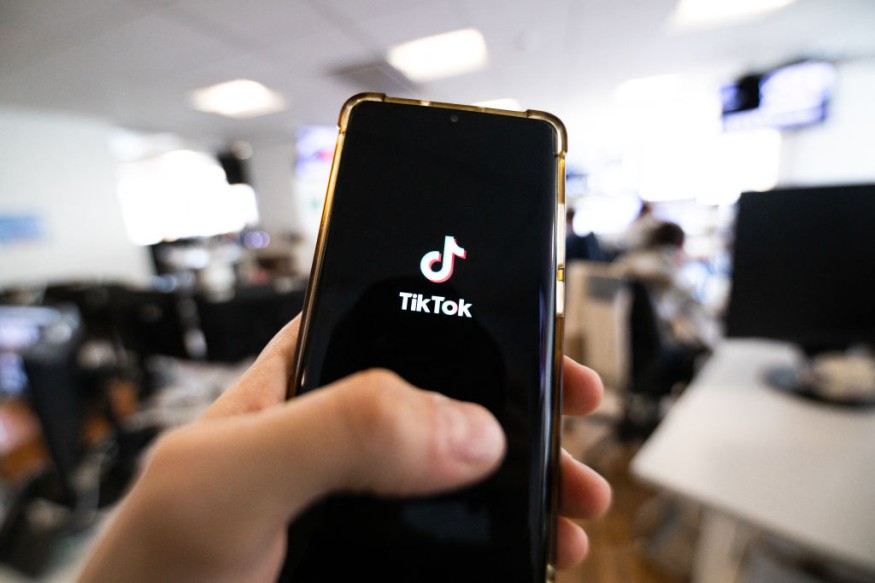
TikTok is challenging a US law that could force its parent company, ByteDance, to sell the app's US assets. The social media platform has asked a federal appeals court to reconsider the law, arguing that it violates the company's right to free speech.
The US Department of Justice (DOJ) claims that TikTok's links to China could jeopardize national security, a concern TikTok strongly denies.
TikTok Sale Deadline Approaches
The controversy began when President Joe Biden signed a law on April 24, giving ByteDance until January 19 to sell TikTok's US assets or face a potential ban. The White House says this law aims to address national security concerns related to TikTok's Chinese ownership but insists a ban on TikTok is not the primary goal.
TikTok is pushing back against the DOJ's claims that the app's operations could be exploited by the Chinese government. The DOJ argues that TikTok's data collection and content curation could be used to influence American users, raising fears of surveillance or manipulation.
However, TikTok insists that US user data is stored securely on American servers operated by Oracle and that content moderation decisions affecting US users are made within the United States.
According to Reuters, the ongoing legal battle will come to a head on September 16, when the appeals court will hear oral arguments. The decision could have significant implications, especially as it will come just weeks before the US presidential election on November 5.
Former President Donald Trump, a Republican presidential candidate, recently joined TikTok despite previously expressing support for the app. Meanwhile, Vice President Kamala Harris, the Democratic presidential candidate, joined TikTok in July, emphasizing the platform's role in connecting with voters.
TikTok's First Amendment Defense Faces Pushback
TikTok compares its situation to that of US media outlets owned by foreign entities, like Politico and Business Insider, which are protected by the First Amendment. TikTok's attorneys argue that the platform should enjoy the same protections, even though it is owned by a Chinese company, AP News reported.
The DOJ, however, disputes this claim. In a recent court filing, the department argued that ByteDance and TikTok, being foreign entities, should not be granted First Amendment protections. The DOJ maintains that the law is designed to address national security risks, not to target TikTok's speech.
Negotiations between the Biden administration and TikTok to resolve the issue have been ongoing for years. However, these talks broke down after TikTok submitted a 90-page proposal, known as Project Texas, aimed at addressing the government's concerns while maintaining its ties to ByteDance.
The DOJ rejected the proposal, arguing that it failed to create sufficient separation between TikTok's US operations and its Chinese parent company. The department has highlighted concerns over data transfers between TikTok employees in the US and ByteDance engineers in China.
These concerns were a key factor in the government's decision to reject TikTok's proposal. The DOJ also pointed out that the scale of TikTok's operations made it difficult to ensure that the app would comply with the proposed security measures.
TikTok's attorneys have criticized the government's handling of the negotiations, arguing that certain issues were not properly addressed during the discussions.
The DOJ has since requested that the court allow some evidence to be submitted under seal, citing the presence of classified information at "Top Secret" levels in the case. TikTok is resisting these requests, further complicating the legal battle.
Related Article : Cisco Systems to Lay Off 7% of Workforce Amid Continued Job Cuts















